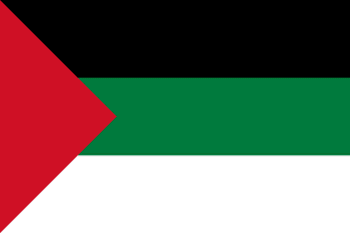Arabic

It is the official language of the countries of the Arab World, ranging from Southwest Asia to Northwest Africa. It belongs to the Afroasiatic group of languages. Even though all countries speak it, the language varies from one country to another. So much so that speakers from one region may not understand others from another Arab country even though they may be speaking the same language. This is because all countries have their own dialect that is completely different from the other dialects. For instance, an Iraqi individual may not comprehend what another fellow Arab from Egypt says.
There are close to 422 million speakers of Arabic all over the world. That is, if it is used as an umbrella term for all dialects that are spoken by its speakers. The large number of people speaking the language makes it the sixth most spoken language in the world. It is the liturgical language of 1.2 billion Muslims all over the world. Of the various dialects, the one spoken in Egypt has the largest number of speakers at 89 million native speakers. It is also one of the official languages on United Nations.
For religious affairs, the Arabic used is termed Classical one. This is the language The Holy Quran is written in. This version of the language is not used in common discourse and is relegated to scholarly religious works and as a subject taught in schools. It’s now mostly seen in its written form than the oral one.
A relatively simpler version of Classical Arabic is the Modern Standard one. This is the language employed by media personnel (newspapers, television, and literature). This version was created to simplify communication between speakers of different Arab dialects and act as a unifier. All Arab countries have their own colloquial language too that is used as for popular literature.
It has 28 letters, and it is a cursive script written from right to left. The numerals are, however, written from left to right. Dots play a very important role in written language and incorrect placement can change the meaning of a word entirely. Apart from writing Arabic used in various Arab countries, the script is also used for other languages such as Urdu, Sindhi, Malay, Baluchi, Bosnian, Somali, Uzbek, Kurdish, Pashto, Kazakh, Dari, and Uyghur, for example. Numerous words from Arabic have become a part of English, a few examples being sugar, algebra, lemon, coffee, giraffe, and guitar.
Copyright © 2013-2024 All Rights Reserved